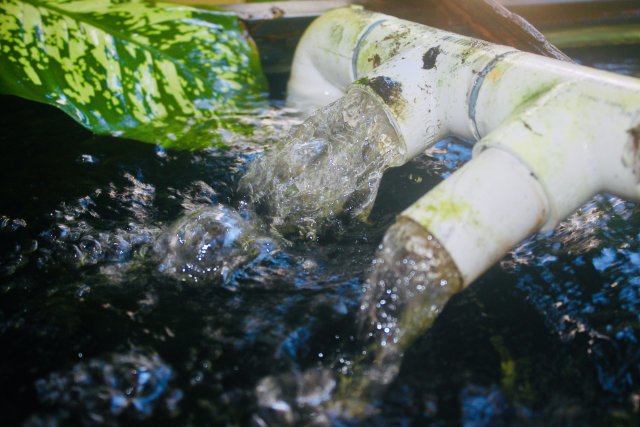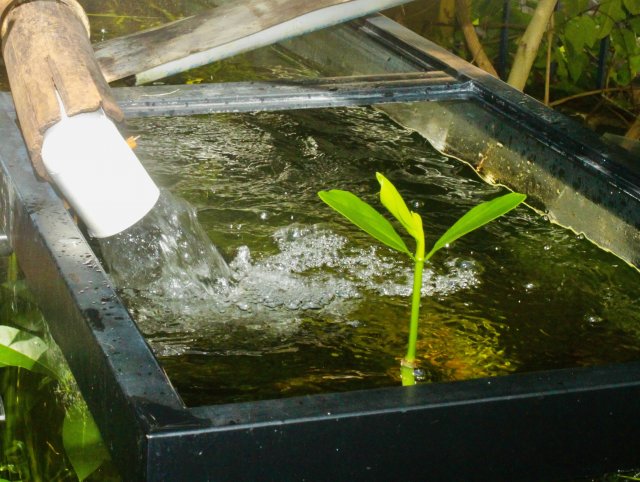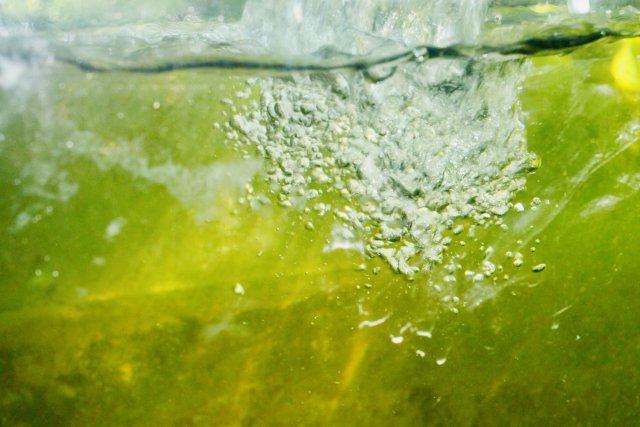Not that any one way is better in general than another, but I don't use, and haven't used air pumps or air stones in years.
Many people do, and are very successful with them.
I like water pumps (and tend to keep rheophillic species), and because I use sumps as filtration.
The moving water supples all the filtration and aeration needed.
1st shot ... water returing from sump to a 180 gal tank.

Below water returning from the tank to a 125 gal sump

As you can see, the water returning provides plenty of agitation and aeration on its own, and current and water flow throughout the tank.

Of course its because I keep riverine cichlids that appreciate rheophillc type conditions, that it works.
Cichlids like most Geophagines, Vieja, Chuco, barbs and tetras from fast flowing streams and other riverine habitats are examples.
This would not be appropriate for a small tank with fish from swamps or oxbows that need more placid conditions.
Fish such as many gouramis, some Bettas, and other placid water species.





